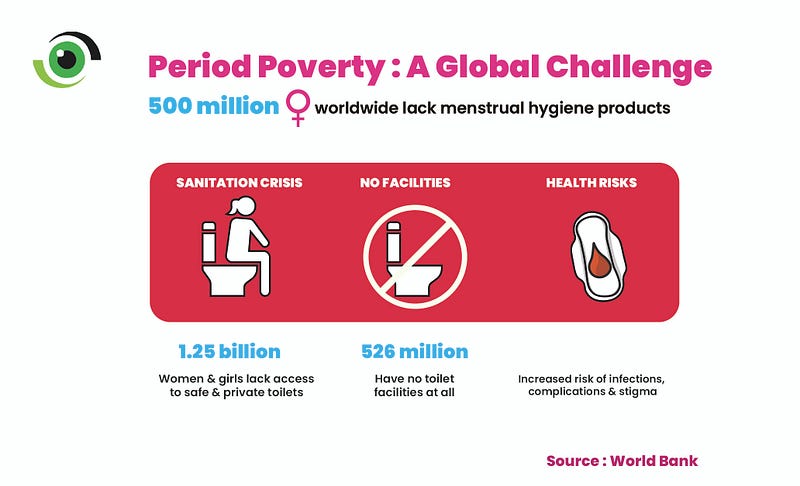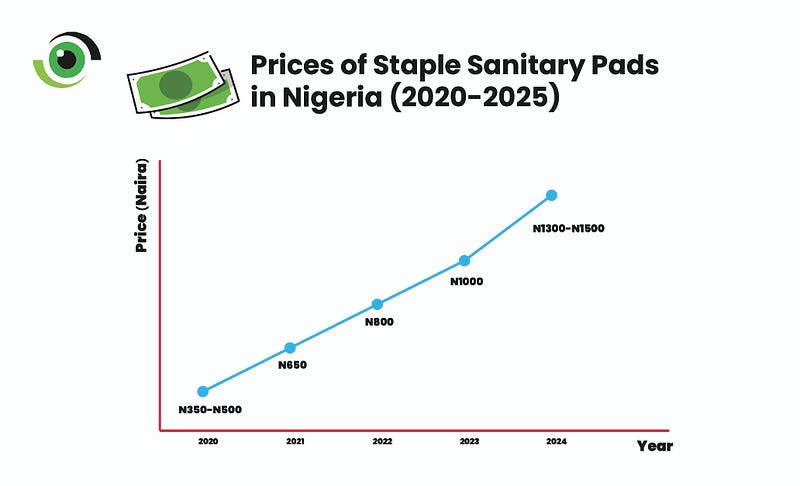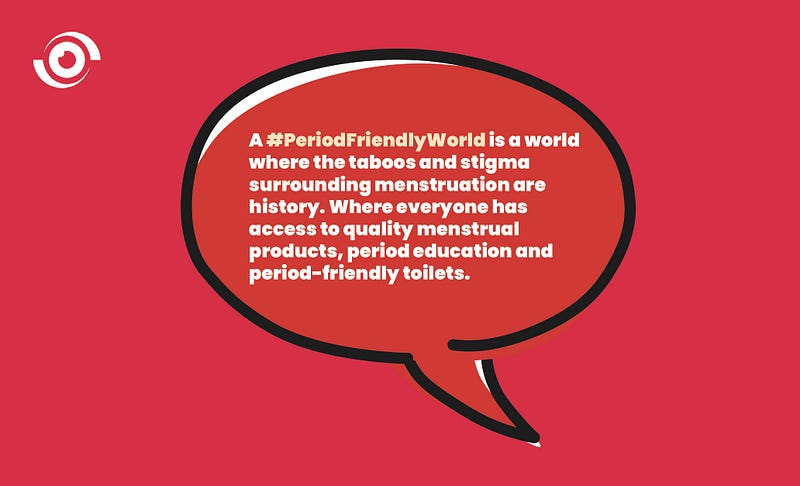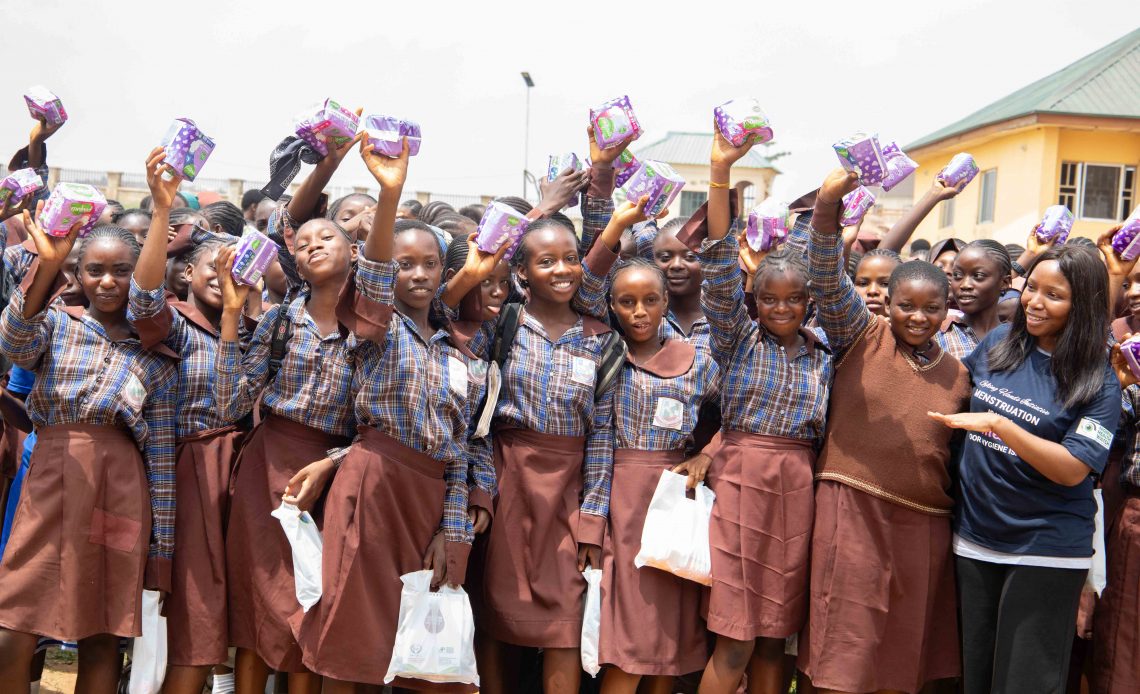Precious Ajayi and Tzar Oluigbo [Lead Writers]
This year’s 10th Menstrual Hygiene Day, with the theme #PeriodFriendlyWorld, calls on everyone to reflect on the urgent need for cultural change about periods, especially in Nigeria.
Period poverty is a serious issue that continues to impact millions of women and girls worldwide. It has also expressed itself in an alarming situation in Nigeria, where at least 37 million girls and women are unable to afford menstrual hygiene products and must rely on unsanitary alternatives such as cloth rags, leaves, or newspaper, leaving them exposed to infections and limited social mobility.

In Nigeria, the issue of period poverty is exacerbated by a number of factors, which include a staggering spike in the prices of menstrual products. This price increase significantly impacts people with limited financial means and resources, especially those living in rural areas, limiting their access to sanitary menstrual products while compounding existing health, social, and economic challenges.

However, the stigma and secrecy surrounding menstruation has effectively created a vicious cycle, exacerbating the challenges women and girls face to have dignified menstrual experiences. The stigma surrounding menstruation has resulted in a lack of access to high-quality menstrual products and menstrual education, as well as restricted societal conversations on the topic. It also deeply instils beliefs that increase the financial burden of menstrual poverty, exacerbating the barriers.
This year’s Menstrual Hygiene Day’s theme calls on the global community to break this cycle and usher in a world where menstruation is acknowledged as a normal experience.
What Nigeria can learn from other countries
Period poverty, often known as menstrual poverty, not only refers to the lack of access to sanitary products, but also the limited access to menstrual education, and facilities for menstrual hygiene management. Period poverty also has a significant impact on access to educational opportunities, at least 24% of adolescent girls miss out on school during their menstrual cycle owing to a lack of facilities, adequate sanitation, or fear of stigma.
For a long-term, cost-effective solutions to address menstrual poverty, d
Domestic production of menstrual pads has the potential to be a long-term cost-effective solution to menstrual poverty reduction. Fostering a locally driven production process can potentially lower prices and increase accessibility of menstruation products.

Nigeria can draw inspiration from the success of countries like Uganda, where the government, in collaboration with non-governmental organisations (NGOs), has supported the production and distribution of reusable menstrual pads. Initiatives such as AFRIpads have demonstrated the potential of this approach, providing sustainable and affordable menstrual products to thousands of women and girls.
Kenya has also made substantial strides towards reducing menstrual poverty, recognising its negative impact on girls’ education and wellbeing. In 2017, the Kenyan government enacted a law that ensures all schoolgirls receive free sanitary pads, a crucial step towards normalising menstruation and reducing stigma. This law has already proven effective, resulting in greater school attendance and improved academic performance among female students.
Addressing the deep-rooted stigma and taboos associated with menstruation requires a multifaceted approach, and education can be a crucial step for this effort. Comprehensive menstrual education programs are critical for providing girls and women with the knowledge to effectively manage their menstrual health, while fostering an environment of openness and support. By dispelling misconceptions and misinformation, these initiatives can help to destigmatise menstruation and encourage constructive dialogue on menstrual health. Ethiopia serves as an exemplary case, with NGOs like the Sustainable Health Enterprises (SHE) providing vital menstrual education and distributing reusable menstrual products.
Besides education, ensuring access to clean and private sanitation facilities remains important in the fight against period poverty. Investing in infrastructure, particularly in rural areas, can provide much-needed relief for women and girls struggling with menstrual hygiene management.
Furthermore, government policies and regulations are effective strategies for improving menstrual health. Nigeria has the potential to follow in the footsteps of Kenya, by passing laws that ensure free or subsidised menstrual products in schools and public facilities.


